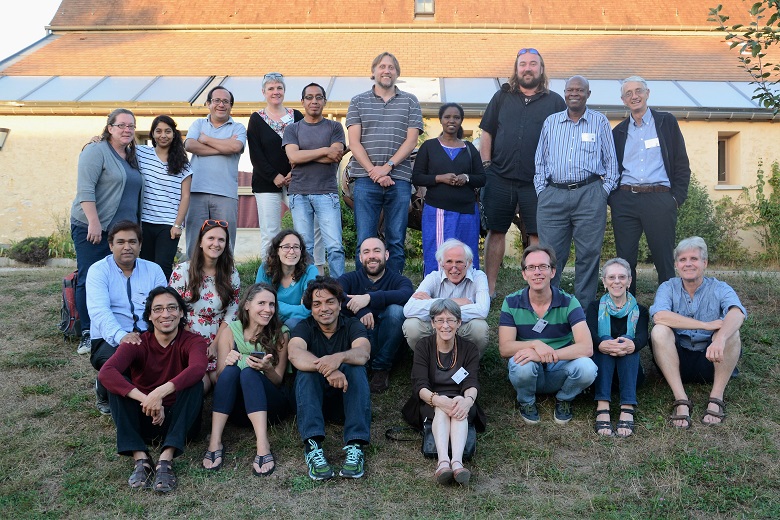Cultures of Dignity

Above: Members of ATD’s ‘Hidden Dimensions of Poverty’ research team.
In the sectors of development and humanitarian aid, there has been a need to address gaps spotlighting a failure to properly uphold the dignity of those being served. While there are now several avenues through which people living in poverty can access the material aid they need, this is not always accompanied with the respect they deserve.
When organizations are solely focused on the effectiveness of their programs, those living through poverty often feel they have been “unseen, unheard and mistreated”.
Creating cultures of dignity
While many leaders in these sectors want to create cultures of dignity in their work, they are often unsure about which changes to implement. To shed light on the situation, Joel Wambua, research specialist at Busara Center, and Tom Wein, director of the Dignity Initiative at IDinsight, compiled a report highlighting ATD Fourth World along with four other organizations, Goonj, Partners in Health (PIH), Tostan and GiveDirectly, for how they place dignity at the forefront of the work they do.
With this report, Wambua and Wein highlight the underlying principles that build cultures of dignity. What comes across most importantly in this regard is how these organizations allow the thoughts and voices of those living through poverty to be heard and part of the discussions for change. This is something that is well incorporated into the ethos of ATD with Merging Knowledge and participatory research for the ‘Hidden Dimensions of Poverty’. With these projects, ATD brings in the voices of those with a lived experience of poverty as crucial parts of the efforts to end poverty.
Voice to the voiceless
Giving a voice to the voiceless is also shared across all the other highlighted organizations. Goonj’s ‘Dignity for Work’ program offers clothing packages as compensation for work chosen by the community, making the community “active stakeholders in their own rehabilitation and repair”, as co-founder Meenakshi Gupta, explains.
Similarly, Tostan’s work with various communities in West Africa focuses on community-led development. They create open channels of dialogue through community committees, listening and incorporating the wisdom already present in these communities. Tostan also places a lot of importance on making sure that all members of the community are heard, with reserved seats in the committee for women and youth participation. PIH and GiveDirectly also focus on integrating open channels of communication with those receiving the aid and community workers to better incorporate their feedback into the organizations’ programs.
Long-term commitments
All five organizations also place importance on long-term commitments to community work. This allows these organizations to take the time to fully understand the needs, views, and concerns of the communities they work with. This, along with a dedication to other principles of dignity, can sometimes come at the cost of being favorable for donation and funding. However, as seen in the report, the resolve to resist donor pressure, further emphasizes the dedication of these organizations to implement real and lasting change through upholding the dignity of those they help.
With lessons drawn from this report, other leaders and organizations in the industry can learn how to implement social change through cultures of dignity. ATD, along with the other four organizations in the report, all show how the path to true social change is not always straightforward and requires patience, resolve and an open heart to the experiences of others.
Download the full report, Cultures of Dignity are possible: Lessons on how to build organizations that respect humans.

